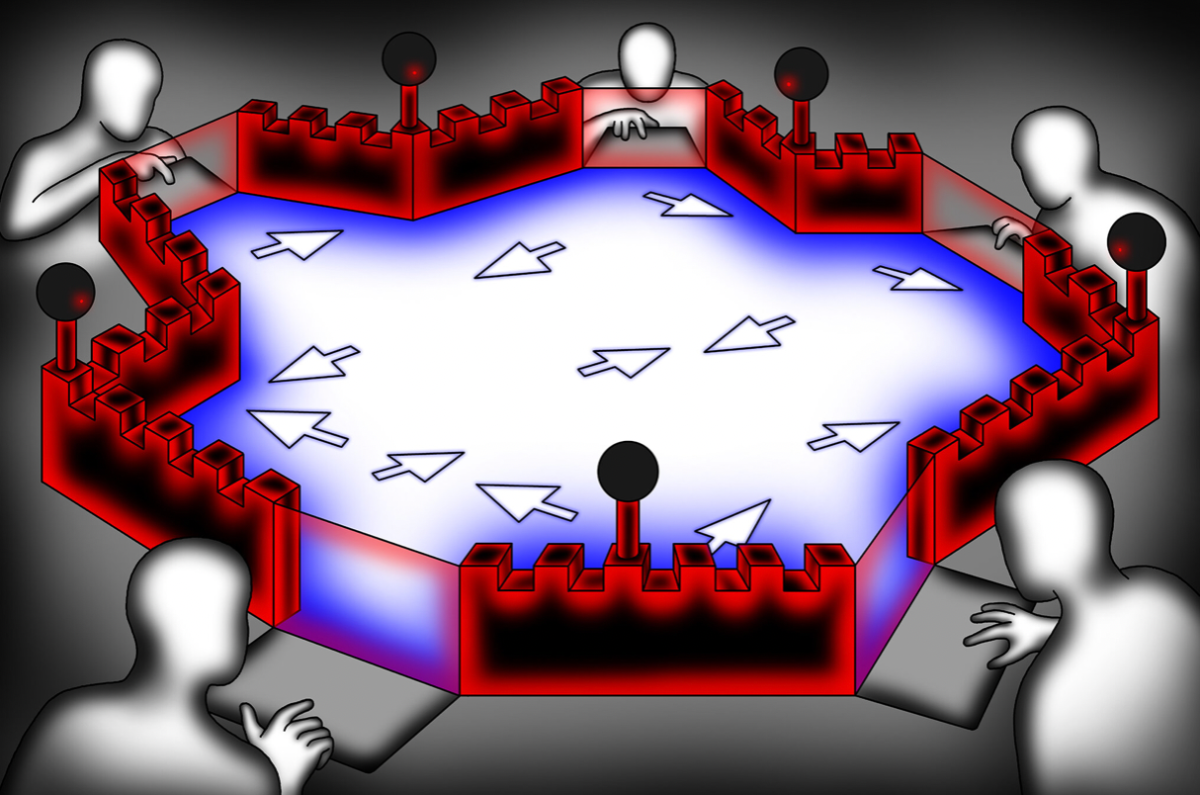Web censorship has grown to be a standard thing in most countries worldwide, with governments practicing different extents of controls on digital information. Whereas some countries have used censorship as a means to sustain political stability, other countries have done so under the pretext of national security and protection of cultural values. Case studies present various examples of Internet censorship in several countries and provide pointers on how censorship shapes political discourse, social expression and individual freedoms.
Perhaps one of the best-known and most complete approaches to internet censorship in the world is taken by China. The “Great Firewall of China” is an amalgamation of legislative actions and technologies that were imposed by its government in an effort to police the internet domestically. Major platforms, such as Facebook, Google and Twitter, are banned, and China enforces stringent rules on what can and cannot be published or talked about online.
Chinese citizens primarily use state-approved applications, of which censorship is very high in order to remove politically sensitive content. In fact, this pervasive censorship has given way to a highly regulated and sanitized online environment-one in which criticism against the government or social movements, including pro-democracy protests in Hong Kong, is rapidly suppressed. While such censorship works to keep the Chinese government in power, it limits freedom of expression and access to information.
Especially relevant is Russia’s internet censorship strategy, which has gained momentum of late, especially under President Vladimir Putin. Through legislation such as the “Sovereign Internet Law,” Russia can isolate its internet from the global web and grant the government the power to centrally control domestic internet traffic. That’s included independent media and opposition websites, social media companies are forced to localize user data on Russian servers-making far easier the task for the authorities to monitor and control online activity.
Internet access is often throttled during sensitive political events, such as protests or elections, and content that is critical of the government is quickly removed. This kind of heavy censorship suppresses the free flow of information and is immensely responsible for Russia’s sliding towards an authoritarian way of governance.
In Iran, the reasons for internet censorship are varied: political and religious. The government blocks thousands of websites, specifically those dealing with Western media, pornography and political dissent. Social media platforms such as Instagram and WhatsApp are also blocked from time to time, especially during times of civil unrest or protests. Censorship in Iran is closely linked to the state’s conservative religious leadership, fueled by its perceived need to control cultural and social influences from abroad. Iranians also use virtual private networks extensively to get around such restrictions, thereby underscoring the tension between government controls and citizens’ needs for access to uncensored information.
Such rigorous internet censorship also exists in the countries of the Middle East, like Saudi Arabia and the United Arab Emirates, much in the name of national security and protection of cultural values. Material related to political dissent, LGBTQ+ rights and secularism is commonly censored in these countries. In fact, these governments justify such censorship as something that might be necessary in order for them to protect the normal values of its residents and to maintain social stability. However, many critics are of the view that this ties the hands on political activism and freedom of expression, and open civil society.
Even in so-called free democracies, internet censorship is growing. The United States and nations making up the European Union are considering how to control harmful content without violating free speech, misinformation, extremist content and hate speech being some of them. The debate about “fake news” and the manner in which social media influence elections has stirred up government interest in new laws with which to regulate online content. Critics fear such measures will be used to quell legitimate criticism or dissent, in a slippery slope toward authoritarian control.
In conclusion, internet censorship is extremely complicated and versatile worldwide. It takes inspiration from a nation’s political system, cultural values and security concerns. While censorship can be used to protect national interests or societal values, it often comes at the cost of individual freedoms and the free exchange of ideas. The challenge is finding a balance between what is needed regulation and upholding those basic rights to free expression and access to information.













